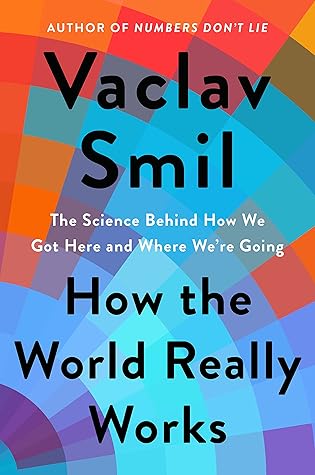Phosphorus from fertilizers is lost through soil erosion and precipitation runoff and it is released in waste produced by domestic animals and people.[31] Because water (whether fresh or ocean) normally has very low concentrations of this element, its additions lead to eutrophication, the enrichment of waters with previously scarce nutrients that results in the excessive growth of algae.[32] Losses of nitrogen from fertilized farmland (and from animal and human waste) also cause eutrophication, but aquatic photosynthesis is more responsive to phosphorus additions. Neither primary sewage
...more
Welcome back. Just a moment while we sign you in to your Goodreads account.


